This is our weekly roundup of good news from around the world. If you'd like to get this in your inbox, you can subscribe for free below.
Hi everyone, Gus here. It's been a tough week. If the climate news hasn't scared you, then you haven't been paying attention. We're watching the brutal reality of what scientists predicted would happen play out across the planet, in some cases at the furthest extremes, and it's terrifying. "I told you so" is small comfort when confronted with so much bad news.
However, now more than ever, it's crucial to resist the allure of despair. The narrative of climate doom, while grounded in harsh reality, leads to inaction. As Rebecca Solnit points out, this narrative is a strange mix of confidence and defeatism: confidence in positions that are increasingly based on outdated information, and defeatism about our ability to shape a liveable future.
As a reader of this newsletter you know better than anyone that we now have the solutions to mitigate the worst impacts of climate change. Renewable energy is scaling exponentially and getting more efficient and cost-effective every year. Vested interests are doing everything in their power to obstruct its progress, but the ledge they're standing on gets narrower by the month.
In the face of all of this, you're allowed to be heartbroken and hopeful. Hope, not as a naive belief in a rosy future, but as a commitment to search for possibilities. In that spirit, we're going to kick things off this week with all the climate stories you didn't see in the news. There are tens of millions of people working to solve this thing now. Don't forget that.
Saving the world is cheaper than ruining it
Let's do a quick global whiparound. A former coal plant in the UK is being transformed into the world's largest battery storage project; European renewables giant Octopus is planning to invest $20 billion in offshore wind by 2030; Thyssenkrupp, Europe's second-largest steelmaker, has secured €2 billion from the German government for green steel investment; US regulators just opened the Gulf of Mexico to offshore wind leases; Egypt has brought its clean energy targets forward by five years and allocated land for a 10 GW wind project to provide electricity to 11 million households; Israel now requires all new non-residential buildings to be covered in solar; India is about to launch a staggering 20 GW tender for new battery manufacturing; 4.4 GW of rooftop solar has been installed in South Africa in the last year; the Philippines just awarded a whole lot of new solar projects; Brazil says its solar industry has created around 960,000 jobs since 2012; and Barbados is now targeting a 100% carbon neutral economy by 2030.
In the last six months nearly every mainstream media outlet has pointed out that China is still building a lot of coal, implying the country is hedging its bets on renewables. It's not. In the first half of 2023, around $5 billion has been invested in coal and fossil gas and a similar amount in both hydro and nuclear; $10 billion has been invested in wind, $18 billion in solar, and an astonishing $28 billion in transmission.
The IEA has a new report showing that renewables are on track to meet all the growth in global electricity demand over the next two years. This would represent a key milestone in the fight against climate change–once all new demand is met, renewables will start eating into fossil fuels' share of the power mix.
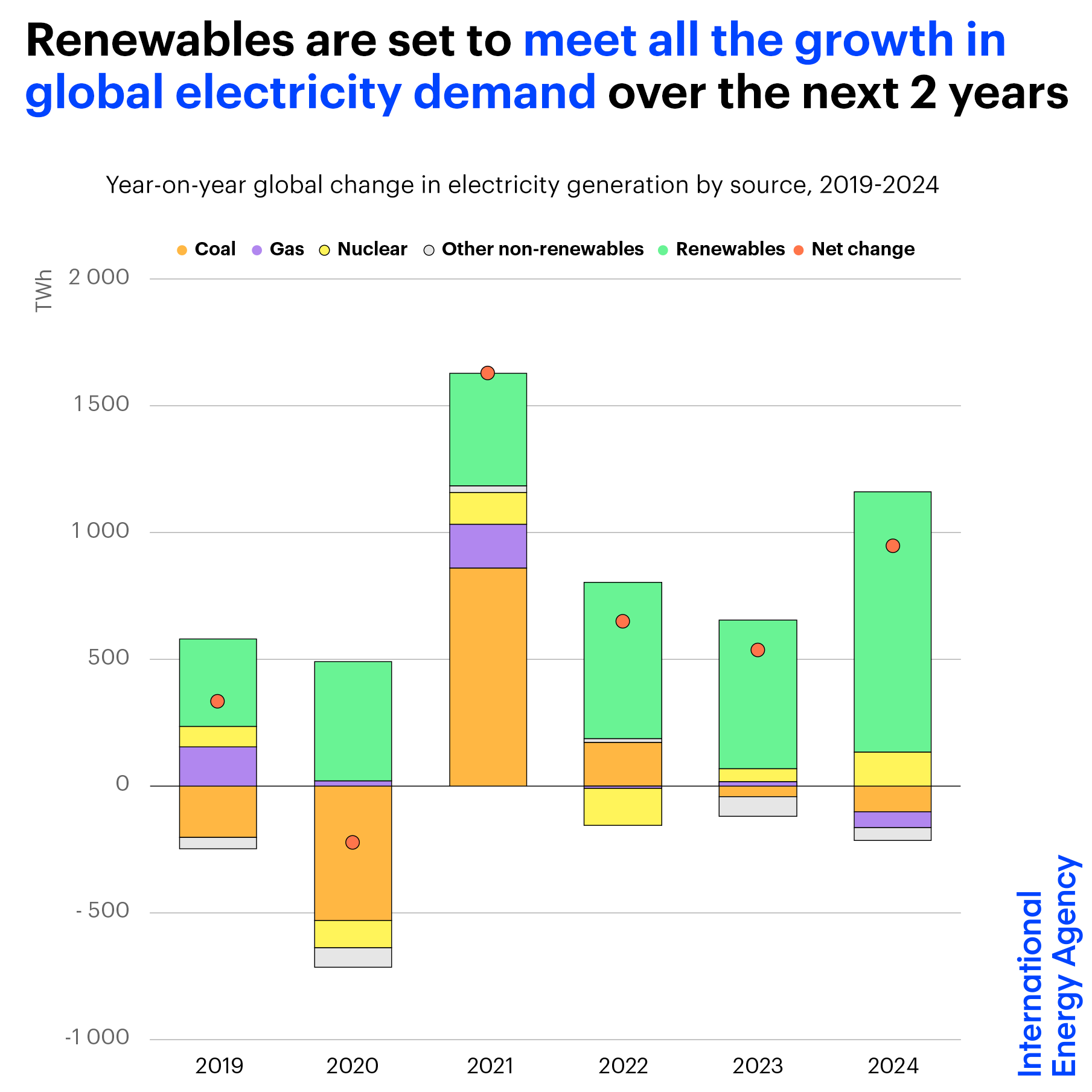
The global price of polysilicon (the stuff they make solar panels from) has dropped by 78% over the past year.
Since August 2022, $278 billion in clean energy project investments and 170,600 clean energy jobs have been created in the United States. 'We’ve been talking about bringing manufacturing jobs back to America for my entire life. We’re finally doing it, right? That’s pretty exciting.' WaPo
The US offshore wind sector is booming. There has been a 272% increase in the number of offshore wind supplier contracts since 2021, and 47% of that growth has occurred since the passage of the IRA. Nine in every ten contracts are going to companies that are either headquartered or have a presence in the US. Industrial policy FTW. Renew.biz
The 12.5% royalty rate that oil companies in the United States have to pay for the use of federal lands has remained unchanged for over one hundred years. The government is now reforming that system, raising the minimum rate to 16.7% and prioritising renewables development on federal lands over fossil fuel development. Grist
In the first half of this year, wind and solar generated more power than coal in the United States. Wind and solar produced 343 terawatt-hours (TWh) from January through June 2023, while coal produced 296 TWh. Five years ago, coal’s share was quadruple that of wind and solar combined. Next step: fossil gas. Canary
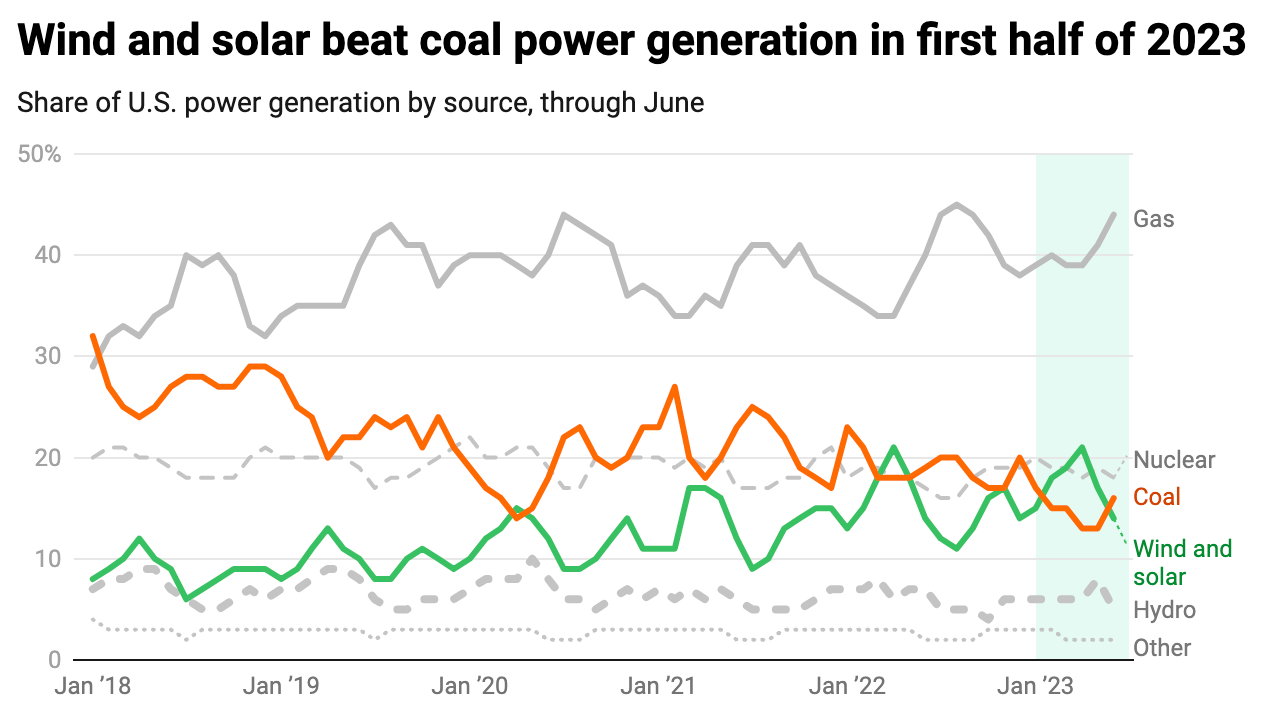
California, the seventh-biggest US crude oil producer, has put a near-halt on issuing permits for new drilling this year. The state's Geologic Energy Management Division has approved seven new active well permits in 2023. Compare that with the more than 200 it had issued by this time last year. Reuters
Australia’s big banks have turned their backs on the country’s largest coal miner, refusing to refinance a billion-dollar debt in a major rebuff that will force Whitehaven Coal to source loans offshore, potentially speeding up the demise of the sector. Couldn't have happened to nicer people. SMH
The European Union has adopted new rules intended to make it easier for electric vehicle owners to travel across the continent. From 2025 onward, the new regulation requires fast-charging stations offering at least 150kW of power to be installed every 60km along the EU’s TEN-T system of highways, the bloc’s main transport corridors. Verge
A reminder from Hannah Ritchie. 'The internal combustion engine is shockingly inefficient. For every dollar of petrol you put in, you get just 20 cents’ worth of driving motion. The other 80 cents is wasted along the way, most of it as heat from the engine. Electric cars are much better at converting energy into motion. For every dollar of electricity you put in, you get 89 cents out.'
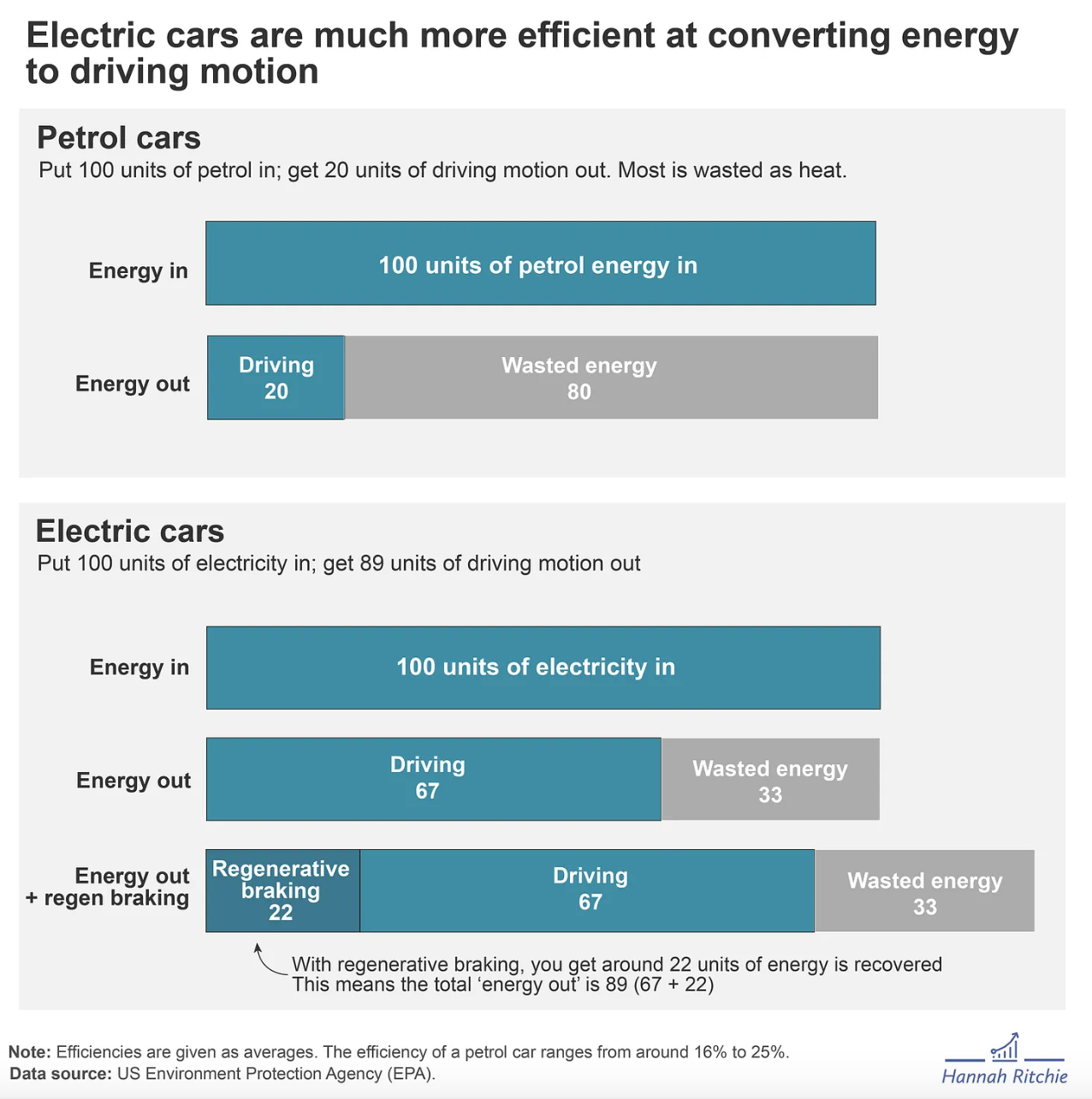
A new analysis from Global Energy Monitor, a San Francisco-based think tank, found that 43% percent of planned steelmaking capacity globally is now slated to use electric-arc furnaces, which use electricity to generate heat, up from 33% last year. 'Steel has moved from inertia to progress.'
Don't look now, but we're at the point where almost one in every four new vehicles sold in California is full battery electric, a pretty monumental milestone for the first half of the year. Add in conventional hybrids, and one in three new vehicles is now electric or hybrid. Two years ago, it was one in five. Wild. CNCDA
BUTDAMINERALZ. A report from the Energy Transitions Commission concludes that 'there is no fundamental shortage of any of the raw materials to support a global transition to a net-zero economy: geological resources exceed the total projected cumulative demand from 2022-50 for all key materials.'
Have you ever considered becoming a paid subscriber?
Our paid edition includes all the stories about clean energy progress from around the world that you hardly ever hear in the mainstream media, mind-blowing news from the cutting edge of science and technology, and our favourite opinion pieces from around the web. Plus, you get to make your own tiny little dent in the universe - a third of your subscriber fee goes directly to small charities making a real difference (you can check them all out over here).
Good news you probably didn't hear about
The UN just released its latest AIDS report, showing that deaths fell to 630,000 last year, a reduction of 69% since their peak in 2004. There were an estimated 1.3 million new HIV infections in 2022, the lowest in decades, with the declines especially strong in regions with the highest burdens, and only 130,000 new infections in children, the lowest since the 1980s. UNAIDS
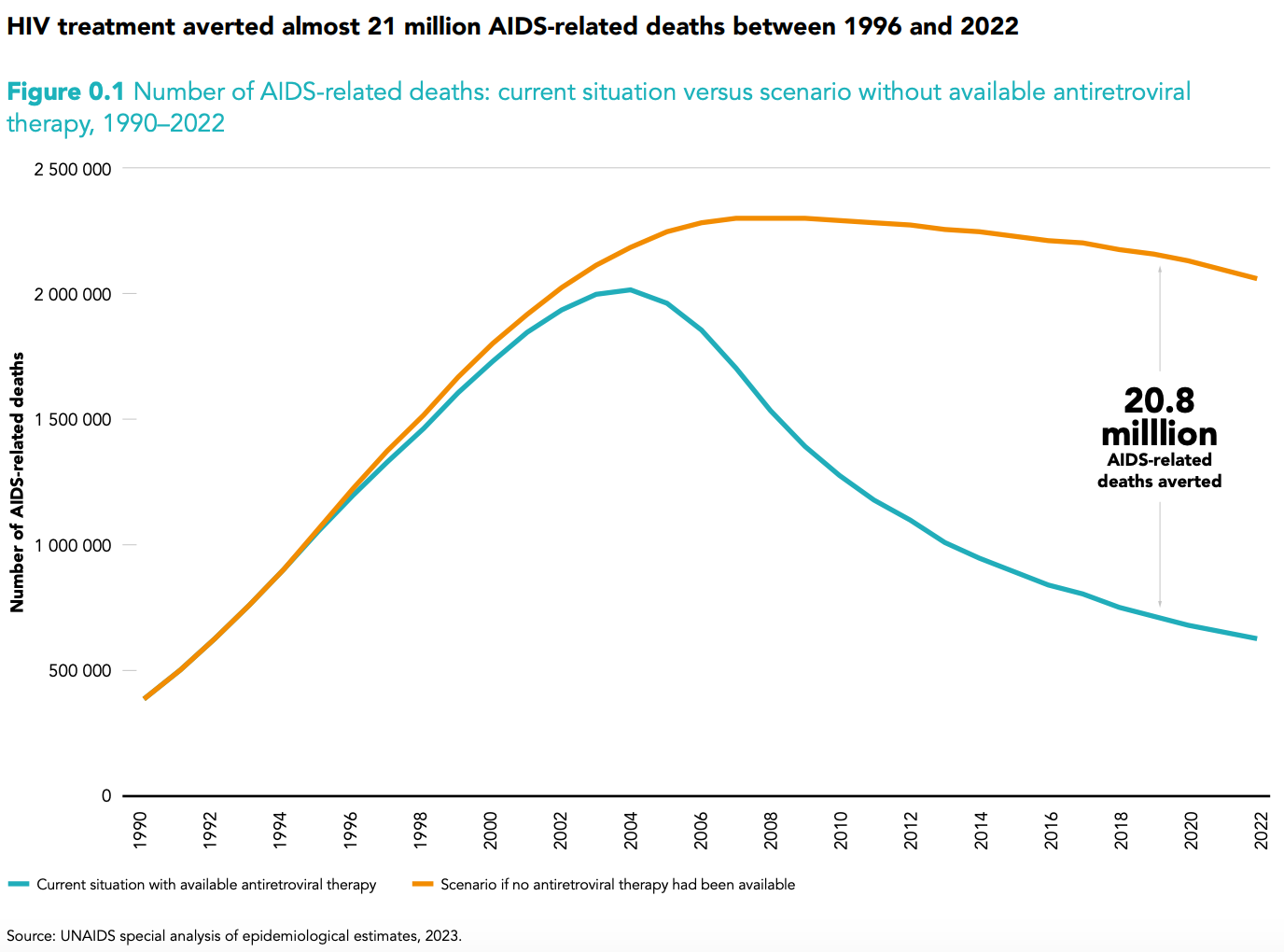
Humanity is making steady progress in eliminating the awful, centuries-old practice of female genital mutilation. UNICEF just released new data showing that the percentage of affected girls aged 15-19 in the 31 countries where it is still practised fell to 28% in 2021, down from 34% in 2016.
The WHO says that Bhutan and Timor-Leste have eliminated rubella, a highly contagious disease that causes serious illness and irreversible birth defects in newborns. The two countries eliminated measles in 2017 and 2018, respectively, and now join Maldives and Sri Lanka in achieving the elimination of measles and rubella in 2023.
Ghana's parliament voted on Tuesday to abolish the death penalty, making the country the latest of several African nations that have moved to repeal capital punishment in recent years. It is the 29th country to abolish the death penalty in Africa and the 124th globally. Reuters
The poverty rate in Cambodia declined to 16% last year, down from 36% in 2014, according to a recent UNDP report. The number of poor people was halved from 5.6 million to 2.8 million during this time, meaning that one in five Cambodians has moved out of poverty in the last eight years. The Star
Last month, the Australian state of Queensland passed new laws to remove barriers to updating birth certificates. The new legislation means transgender, non-binary and gender diverse people will no longer be forced to undergo surgery before being able to correct their gender identity documents. Brisbane Times
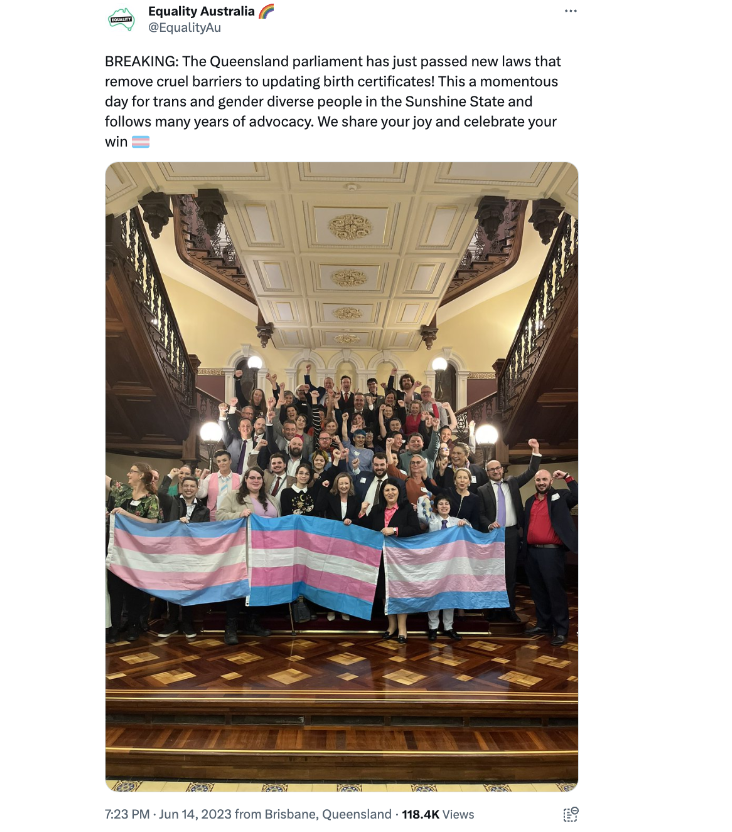
Japan's Supreme Court ruled last week that its trade ministry violated a public service law by banning a transgender woman from using the women’s bathroom at work. The decision sets an important precedent, requiring employers in Japan to develop policies and practices that allow individuals to use a bathroom aligned with their gender identity. HRW
A Peruvian high court has ordered same-sex unions to be legally registered, marking a victory for the LGBTQ community in a country that has been reluctant to recognise gay couples. Peru is one of the last remaining countries in Latin America that has not recognised same-sex marriage. Reuters
A win for reproductive rights in Australia, where the Therapeutic Goods Administration scrapped restrictions on access to medical abortion pills, which are used in the early stages of an unwanted pregnancy. Doctors and pharmacists without specialist certification will now be able to prescribe termination pills. Guardian
In April this year, Sierra Leone became the 16th country in the world to guarantee free schooling or adopt a law to provide or expand free pre-primary education since 2015. While progress is still too slow for the millions of children out of school, the trend is encouraging. HRW
This week's note from America. The families of children with disabilities in Florida just achieved a significant victory, lawmakers in Connecticut have adopted a series of laws protecting access to reproductive healthcare, a federal judge in Oregon has kept one of the country's toughest gun laws in place, enhanced federal background checks on gun ownership seem to be working, the ACLU and its allies in the LGBTQ rights movement are not only fighting back but winning, US citizens have 10-15% more in their bank accounts than before the pandemic, inflation has been cut by more than two-thirds from its peak, talk of a recession seems to have magically disappeared, the share of 25-54 year olds who are working or seeking jobs has risen to its highest level since 2002, and the number of Americans dying each day is no longer historically abnormal.
Deb Haaland, the first Native person to serve as a US Cabinet secretary, has made extraordinary progress in her first two and half years. 'Every day, she’s fully representing our community in ways that have never been visible. Every time I see her, it hits me. And America is seeing her fill that space. She is the face of what America is trying to protect.' Washington Post (non-paywall link here).
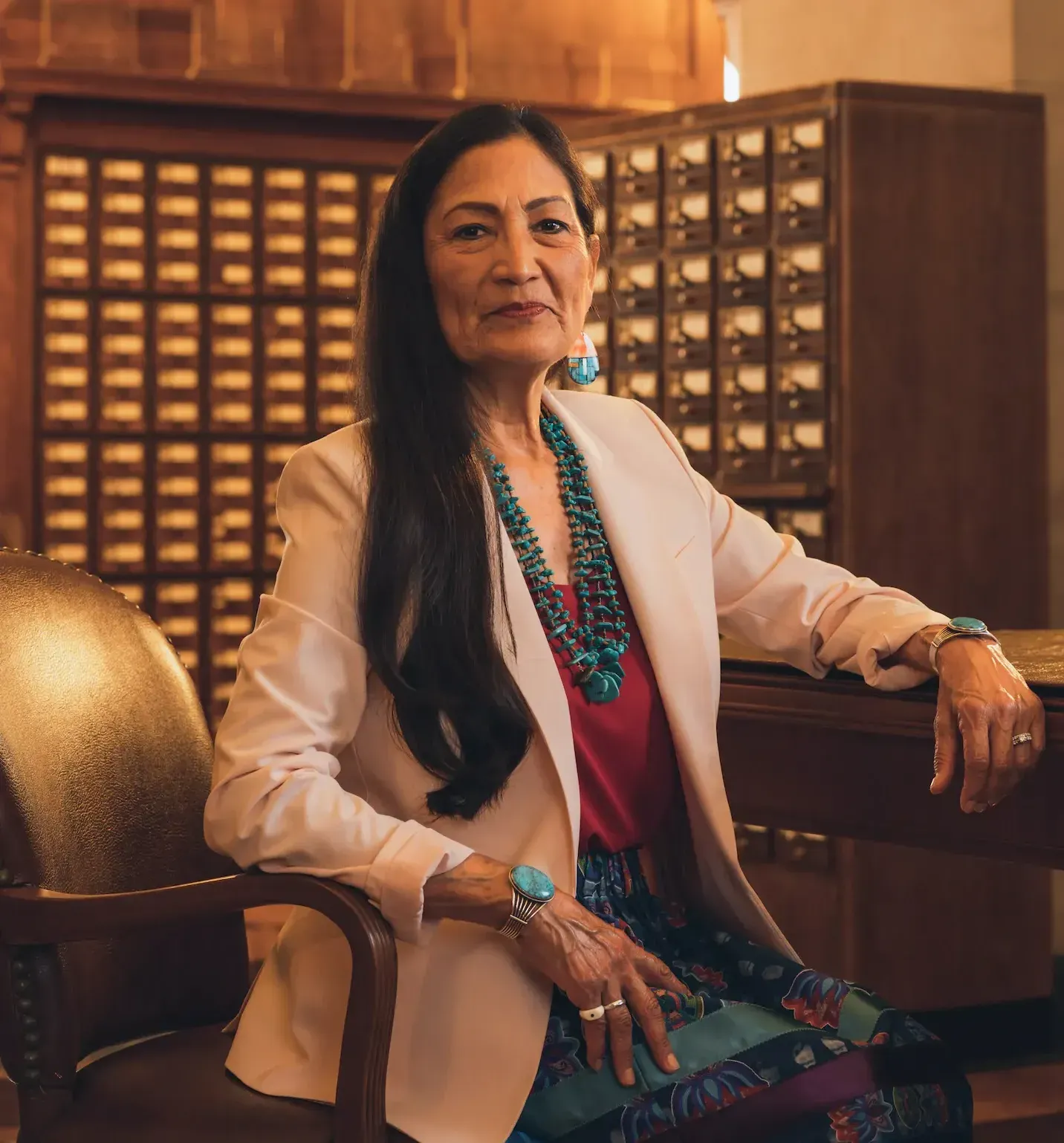
Hope Is A Verb
Our recent conversation
with Wanjira Mathai, the Managing Director for Africa at the World Resources Institute, left us on a high for days. She shares her story of growing up in Kenya and how she 'basks in the light' of her mother, Wangari Mathai, the first environmentalist to win the Nobel Peace Prize for her work with the Green Belt Movement.
Wanjira, whom we met at TED, is continuing that work through the Restore Local Project. Did you know they've managed to get over 130 million hectares of land committed for restoration in Africa? We didn't. In this episode we cover the power of narrative, personal legacy, people power, and the capacity we all have to heal our planet. If you haven't had a chance to listen to the podcast yet, this is a great time to start.
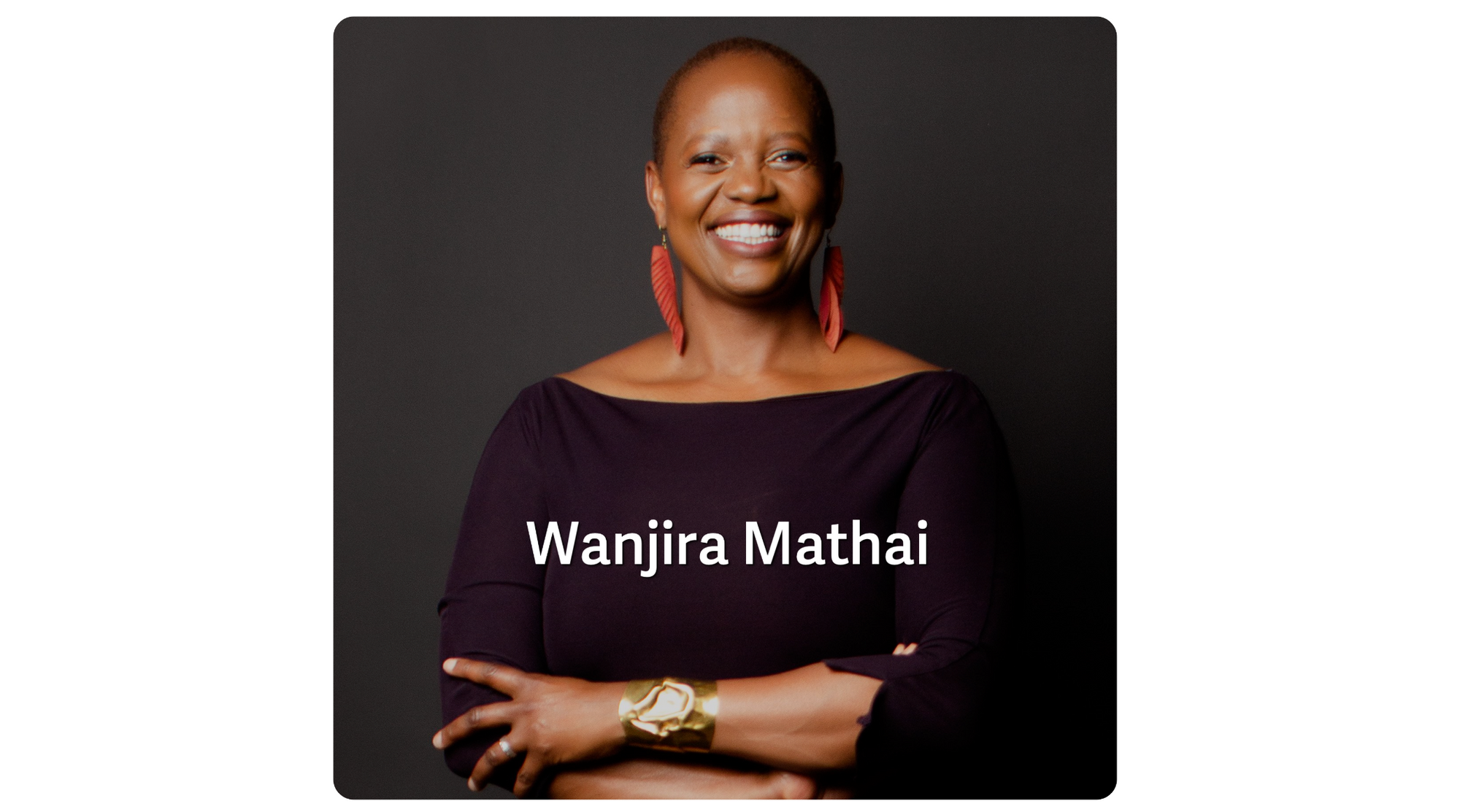
The only home we've ever known
Deforestation in Colombia fell by 29% last year after new peace efforts put the environment at the centre of negotiations. The country, which has endured decades of internal conflict, saved 50,000 hectares of forest–the highest reduction in deforestation and forest fires in two decades. Guardian
Lion populations are increasing across Africa thanks to vast, protected landscape mosaics linked by natural corridors. After years of absence, the big cats have been spotted in parks in Mozambique and Chad, and in Senegal the population of the critically endangered West African lions at Niokolo Koba National Park has doubled since 2011. Mongabay
In Borneo, wildlife corridors are helping to save the critically endangered Bornean orangutan and pygmy elephants. Palm oil plantations have fragmented local rainforest, but conservationists are working to connect protected areas. 'The major threat for these species in this landscape is not deforestation or poaching, but fragmentation.' Guardian
Small-scale restoration efforts across Africa have contributed to the greening of around 400,000 km2, an area the size of Zimbabwe. Researchers zoomed in on 434 sustainable land management initiatives operating across 628 sites and found that greening efforts in drier areas performed especially well. Mongabay
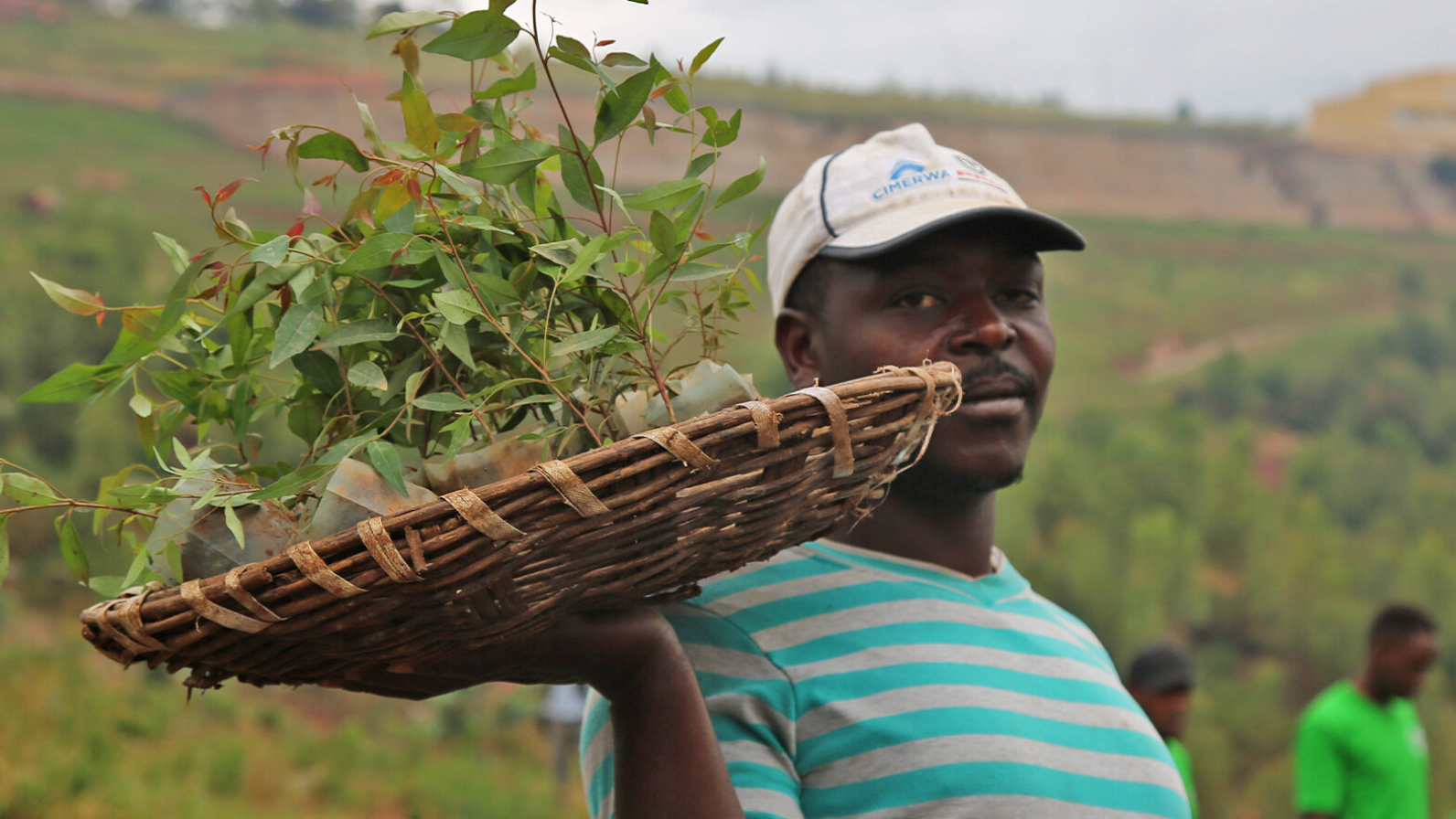
Amazon reduced single-use packaging by 11.6% between 2021 to 2022, and now the retail giant has committed to phasing out its blue and white mailers. To date, Amazon had moved away from plastic packaging in Europe, India, Japan, and Australia, but had yet to make a significant commitment to reduce plastic packaging in America or on a global basis. Oceana
A global wave of drone reforestation projects is emerging. Companies in the United States, Australia, Canada, India, Spain and the UK are ironing out kinks to plant seeds en masse. Key areas of innovation include linking drones into swarms, customising drop methods and times, and creating soil and nutrient-filled capsules to surround dropped seeds. Mongabay
A group of surfers is on a mission to restore a temperate rainforest ecosystem on Ireland’s west coast that was destroyed centuries ago. They're planning to buy and reforest an area almost five times largert than New York’s Central Park over the next four years and are trying to get local farmers to pledge the same. Hakai
London's Ultra Low Emission Zone, a scheme to get the dirtiest vehicles off the road, is being expanded across the entire city to tackle air pollution, the climate emergency and congestion, and to ensure that five million more Londoners can breathe cleaner air. The expansion will come into effect at the end of August and will operate across all London boroughs. FT
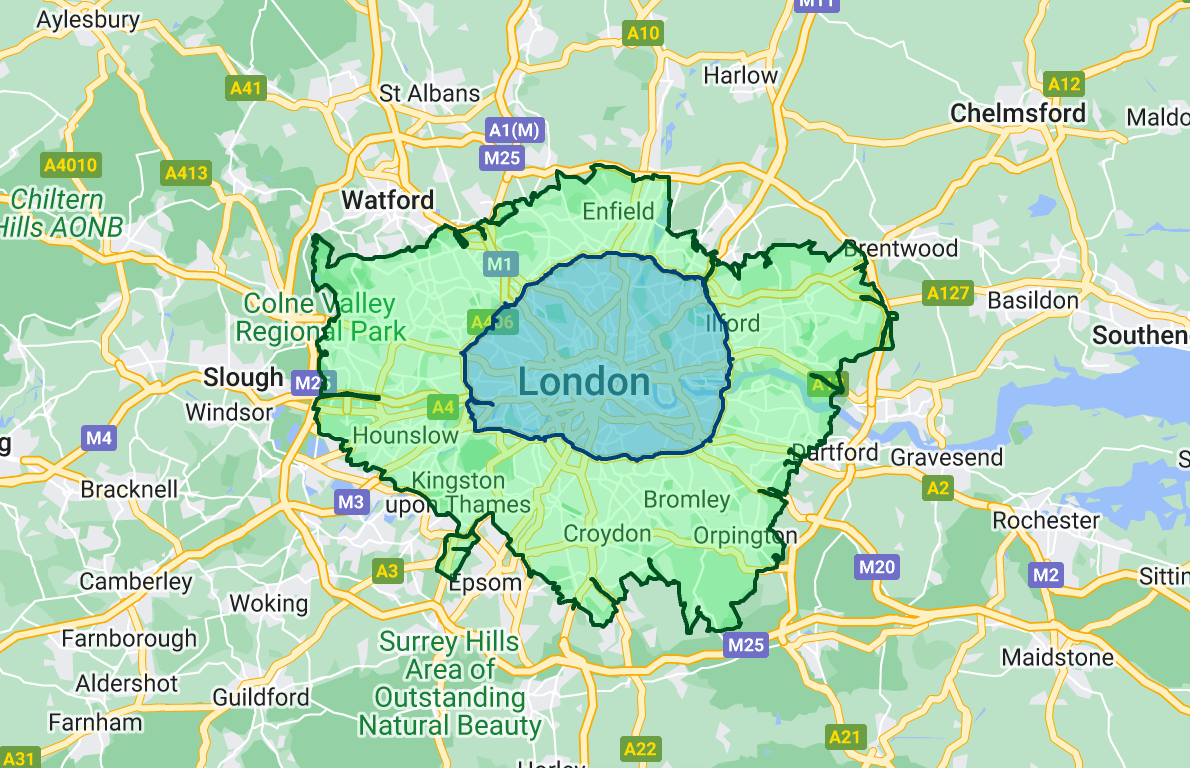
The UK government has designated its first three 'Highly Protected Marine Areas'–Allonby Bay, Dolphin Head and North East of Farnes Deep–to safeguard precious marine life and habitats including those of the honeycomb worm, northern gannet and harbour porpoise. The protections will also benefit shore birds like curlews and oystercatchers.
Following a legal win by the Centre for Biological Diversity, humpback whales will be protected from deadly entanglements in sablefish pot gear off the coasts of California, Oregon, and Washington. The centre has proposed that fisheries convert to ropeless or 'pop-up' gear within the next five years. World Animal News
In Indonesia, the notorious Tomohon Extreme Market will become the first market in the country to go dog- and cat-meat-free, following a years-long campaign by activists and celebrities. An anti-animal cruelty group will move the remaining live dogs and cats from the slaughterhouse to sanctuaries. SCMP
Good news for national parks in Africa. Tocc Tocc in Senegal has successfully restored livelihoods alongside ecosystems; Babanango in South Africa has achieved 'Big 5 Status'; and Zambia's Kafue National Park has managed a spectacular comeback, tripling its leopard population and stabilising other big cat populations via an ingenious method of using tagged vultures.
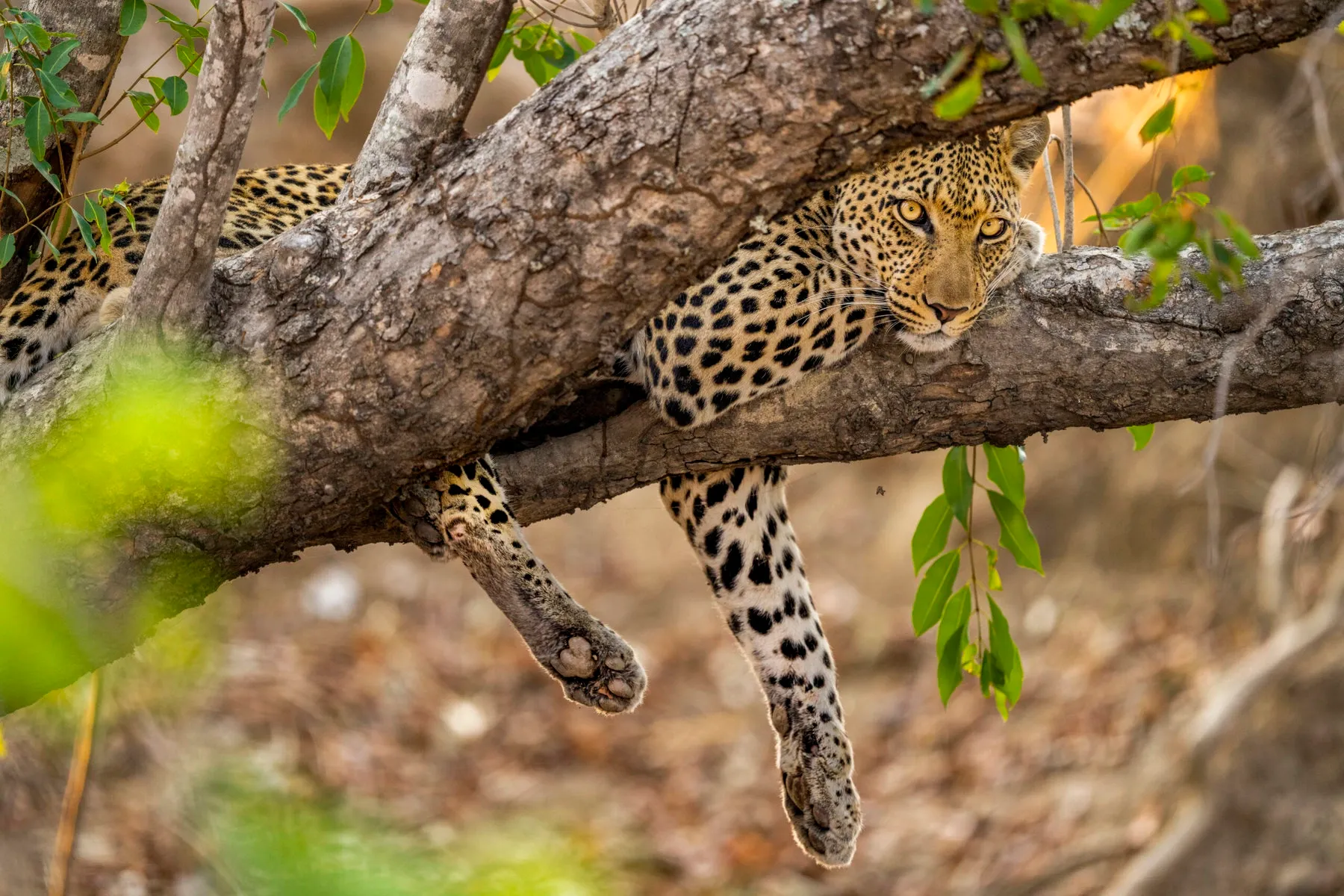
That's all for this edition; thanks for reading. We'll see you next week.
With love,
FC HQ





